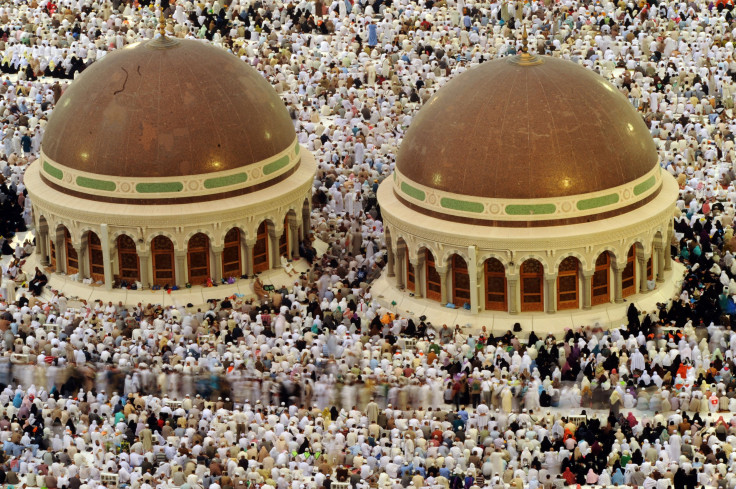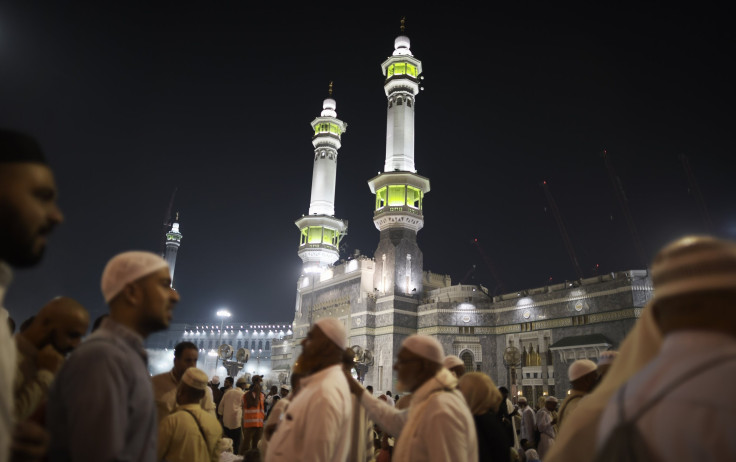Muslim Refugee Crisis: Saudi Arabia Denies Reports It Planned 200 Mosques In Germany

The Saudi Foreign Ministry has denied reports that the country offered to build 200 mosques in Germany. Various media reports earlier this month stated that Saudi Arabia offered to build the mosques to accommodate the influx of Muslim refugees in Germany if German authorities approved.
“The Kingdom of Saudi Arabia as the Custodian of Two Holy Mosques and the birthplace of Islam is committed to supporting Muslim communities around the world. Building mosques in other countries is arranged in close coordination with the governments of those countries in order to facilitate the ability of Muslim citizens and residents to practice their faith,” said Ambassador Osama Ahmed Nugali, head of the Media Department at the Ministry of Foreign Affairs in a statement, according to a press release.
In response to the reports that the country offered to build 200 mosques in Germany, Nugali said, "This issue is not under consideration and no discussions have taken place with the German government about it. Therefore, the reports are without basis or truth."

The Lebanese newspaper Ad-Diyar originally reported on the offer to build the mosques, citing a committee of sheikhs. The paper also reported that Saudi Arabia had vowed to donate at least $200 million, but whether that money was intended to support refugees or to build mosques was unclear.
Saudi Arabia has faced major criticism for accepting a low number of refugees fleeing war-torn Syria. In 2014, Saudi Arabia accepted only 561 refugees and 100 asylum seekers, according to the United Nations, the Wall Street Journal reported. In contrast, European Union leaders this week voted on a plan to relocate 120,000 asylum seekers to other member states over the next two years to ease the strain on Italy and Greece, which have been bearing the brunt of the migrant crisis. European officials said the vote was binding on all countries, including those who voted against it. The EU also pledged at least $1.1 billion to U.N. agencies.
© Copyright IBTimes 2025. All rights reserved.






















